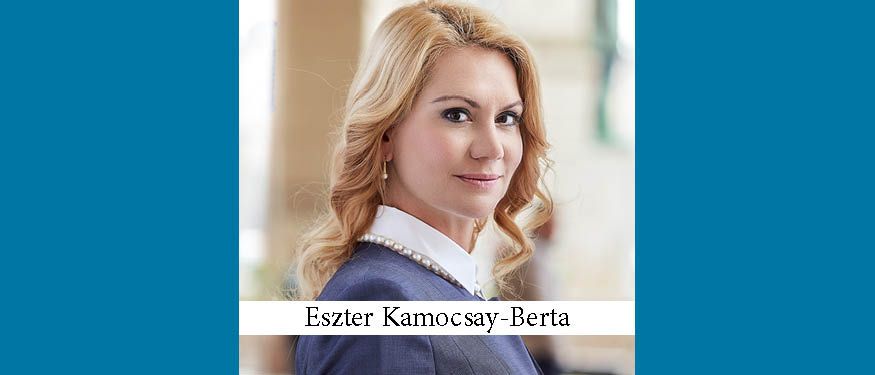In March 2019 the Hungarian Parliament voted to introduce a new form of asset management foundation, which will serve as a real alternative to the fiduciary asset management (trust) system (“bizalmi vagyonkezelés” in Hungarian).
Since the adoption of the new Hungarian Civil Code in 2013, the fiduciary asset management contract has become one of the most common tool for family generational asset transfer.
Before creating the new possibility for setting up an asset management foundation, according to the new Hungarian Civil Code, foundations could be set up to pursue the long-term objective defined in the charter document, however, they could not have been formed with the objective of performing economic activities. Foundations are authorized to perform economic activities only if they are directly connected to the achievement of the foundation’s goals. Under the new regulations, either natural persons or legal entities may establish an asset management foundation that can carry out asset management as its principal activity. The asset management activity and the investment activity, which may be an important part, are carried out by the asset management foundation in respect of their own portfolio of assets and it may not provide investment services for other (third) persons.
Asset management foundations are capital-intensive institutions, as they can be established with a minimum capital of HUF 600 million (approx. €1.9 million), which may be provided by cash and/or in-kind contributions by the time of submission of the registration application at the latest.
Due to the high minimum capital, it seems that the asset management foundation may be a solution for only a specific (wealthy) part of families, therefore, in general, the fiduciary asset management contract can still be considered a more flexible and broader tool.
By Eszter Kamocsay-Berta, Managing Partner, KCG Partners Law Firm

